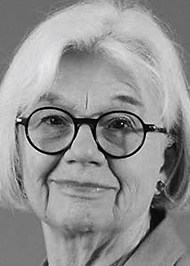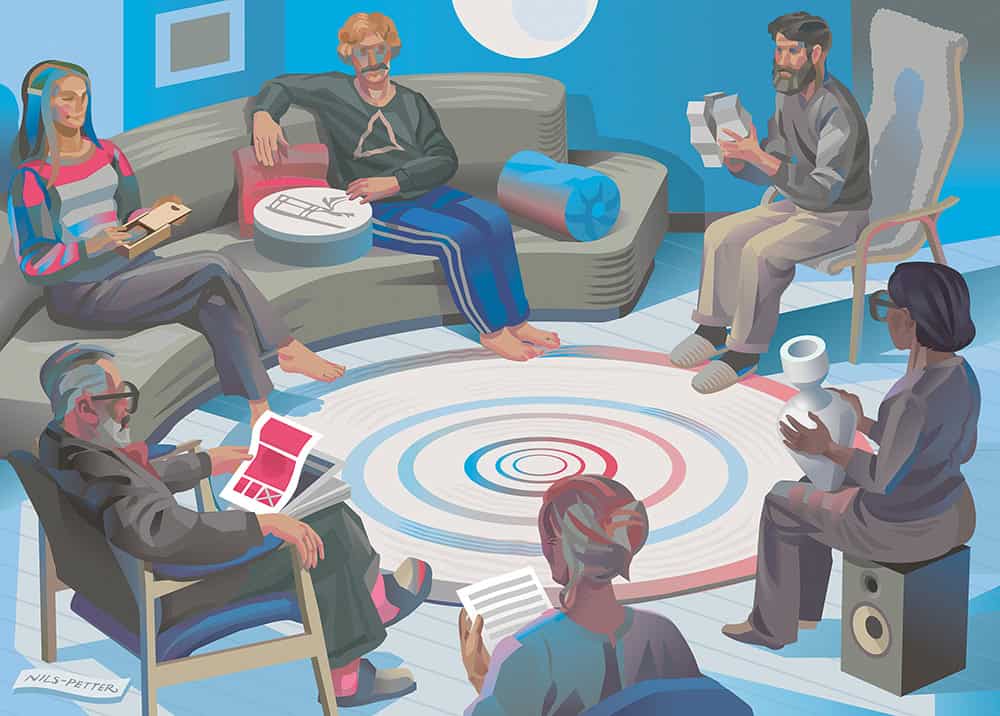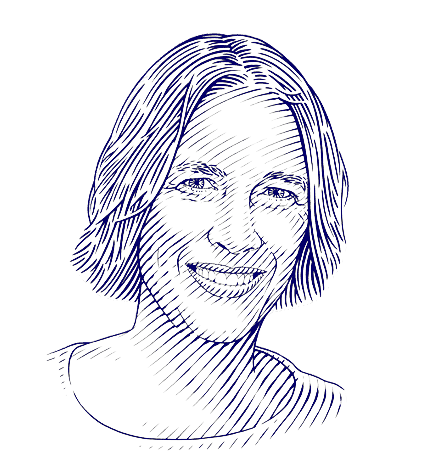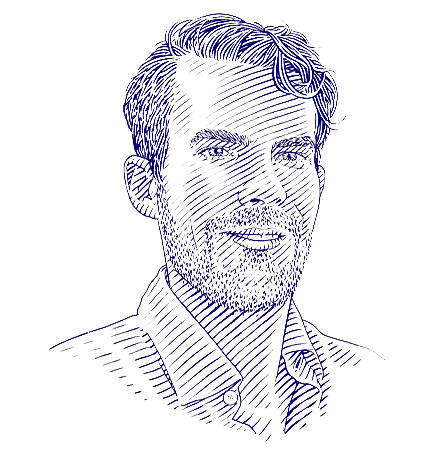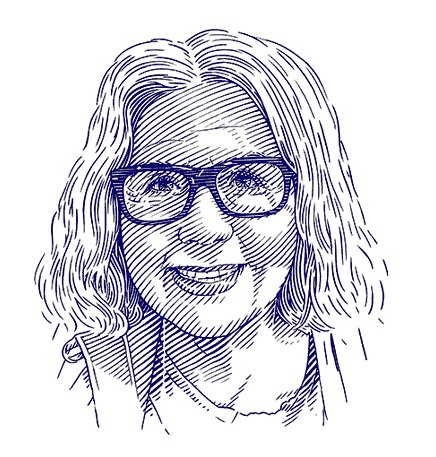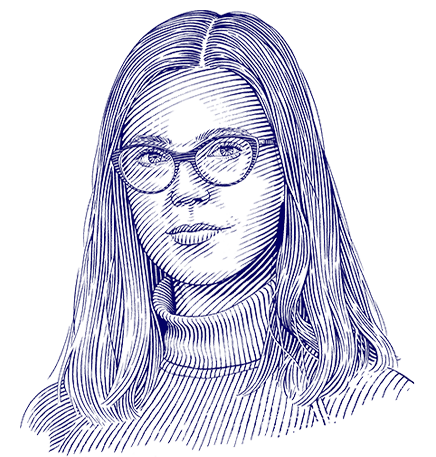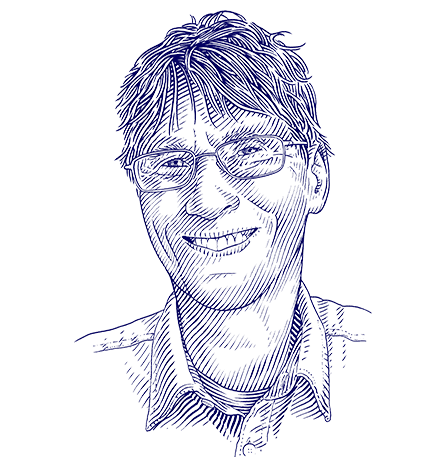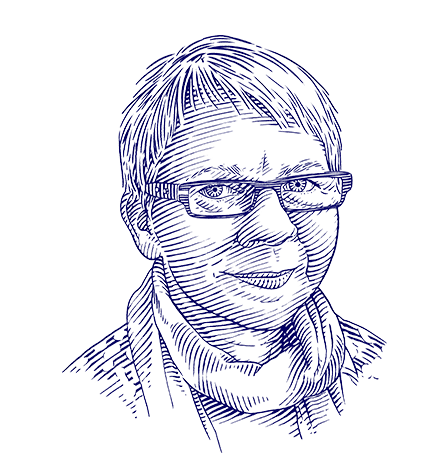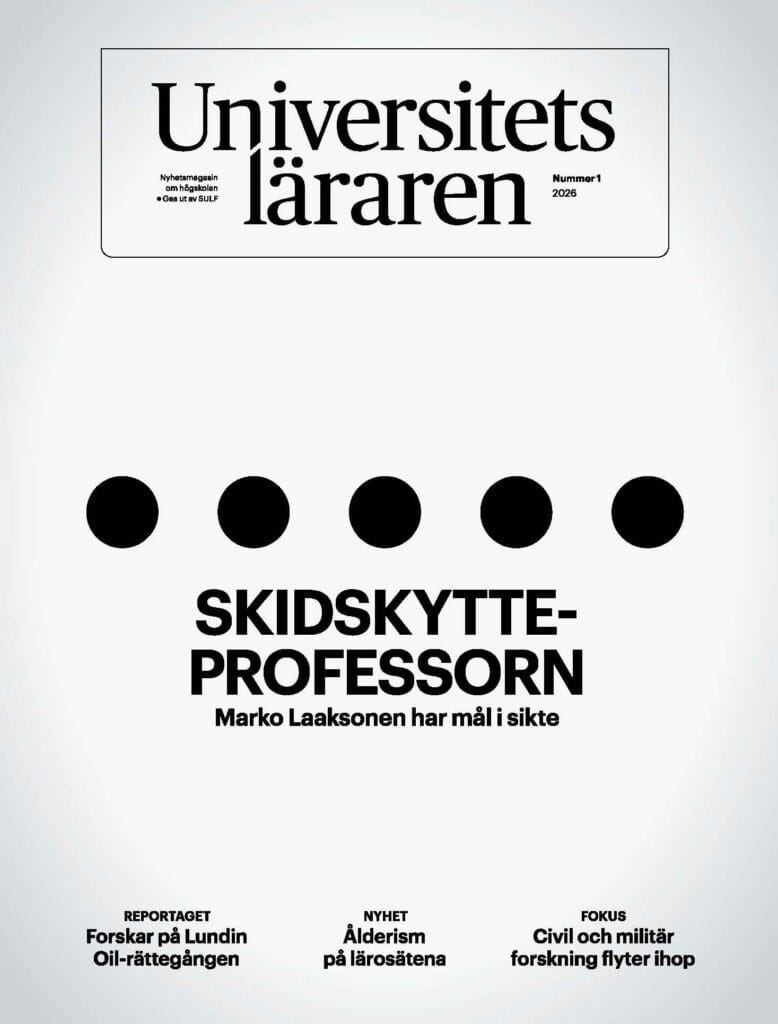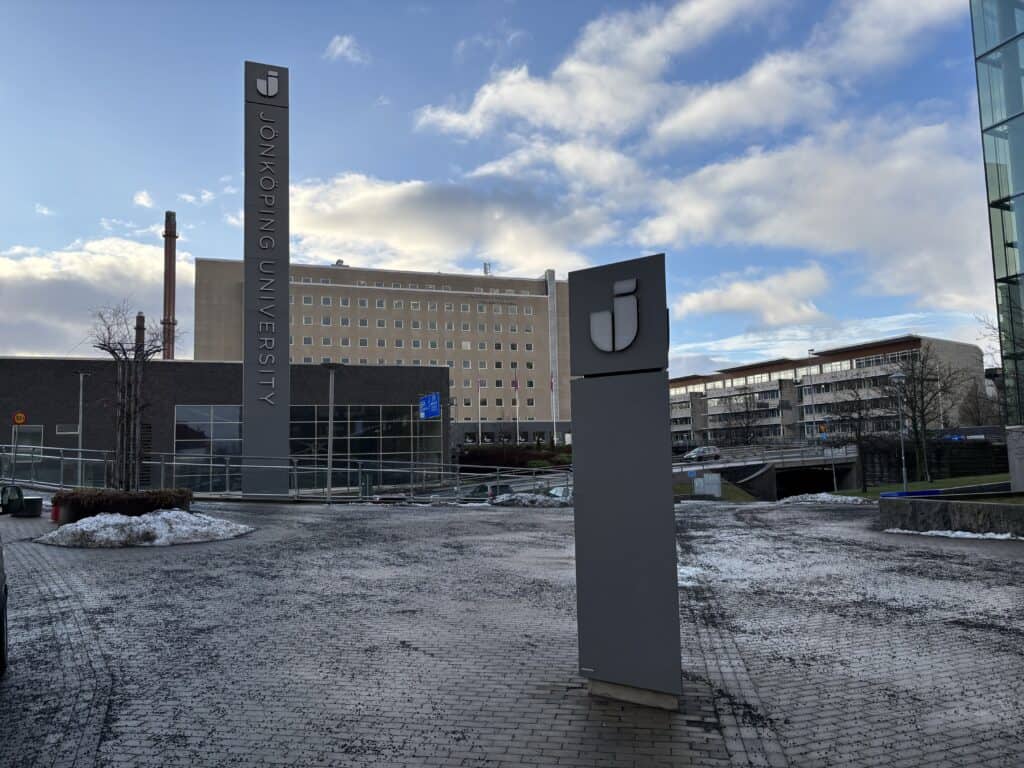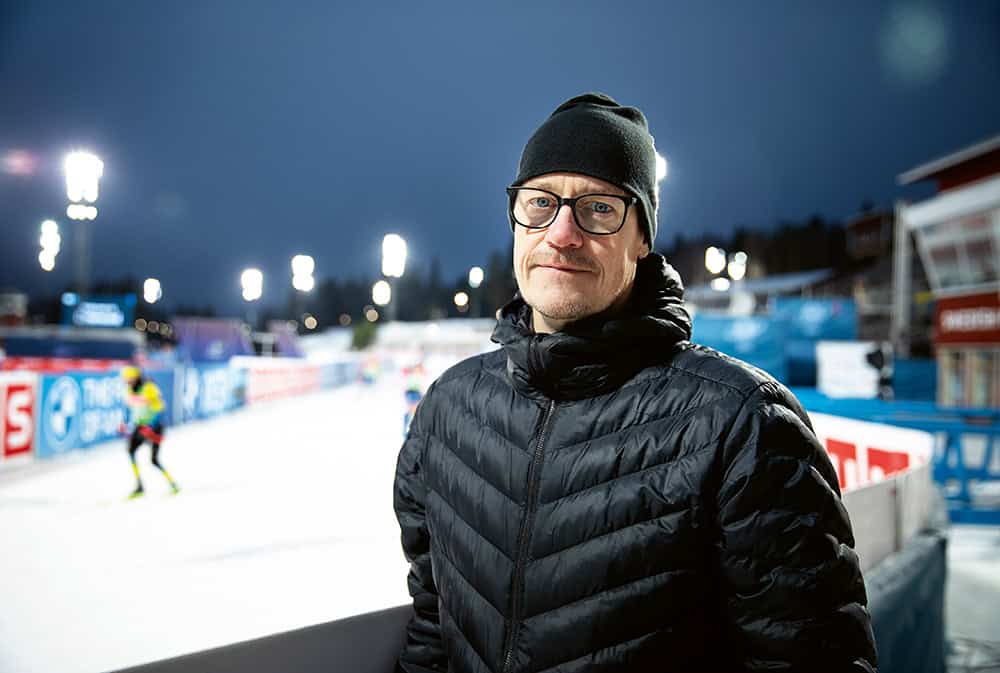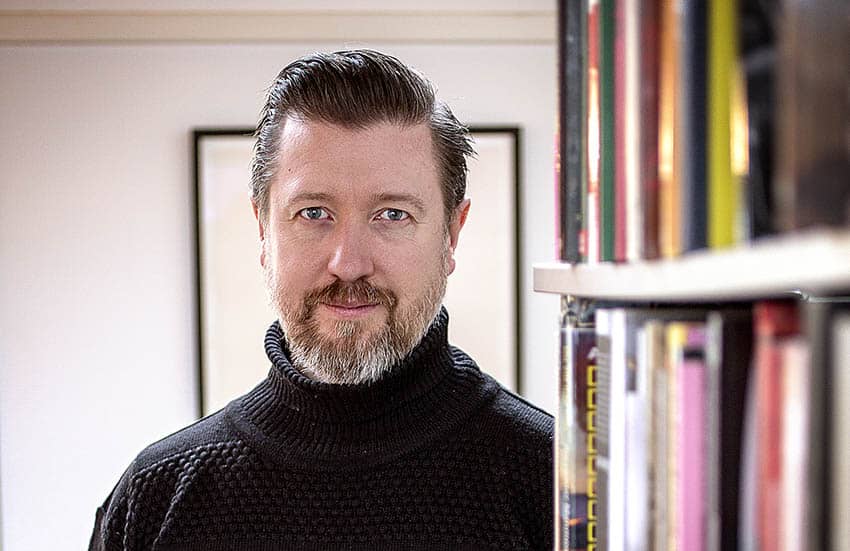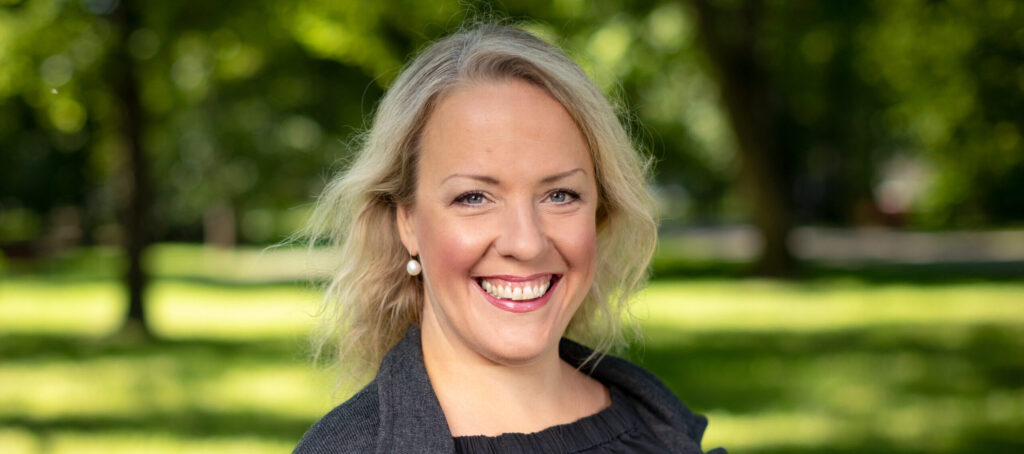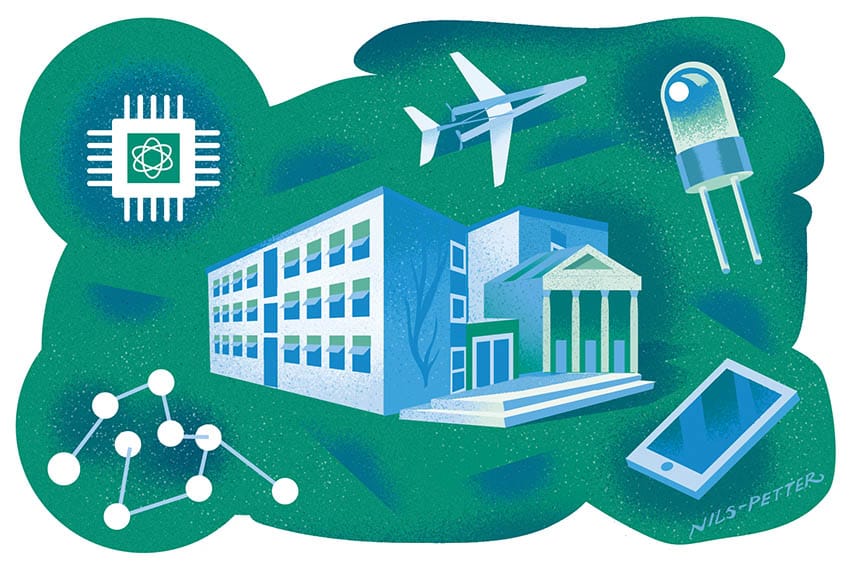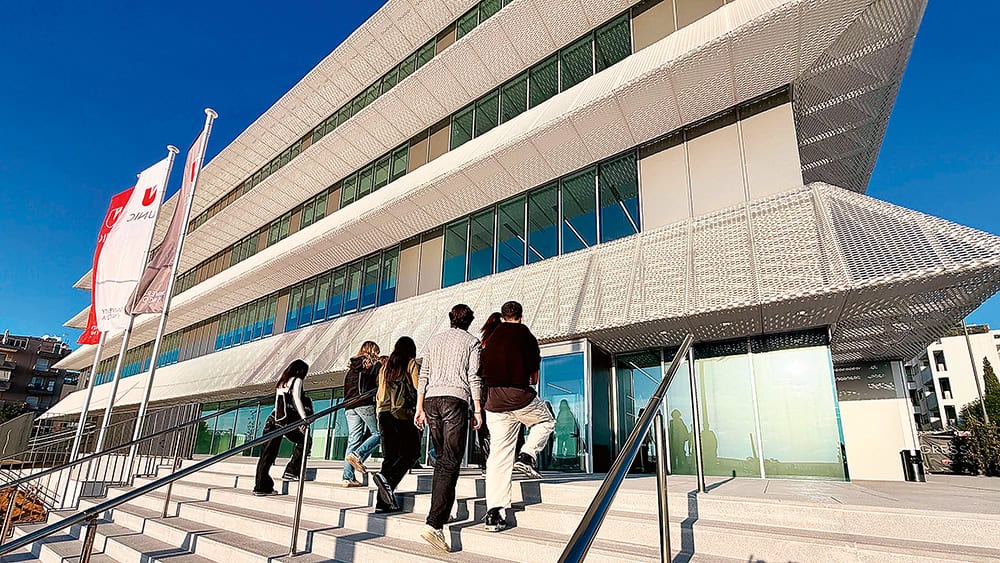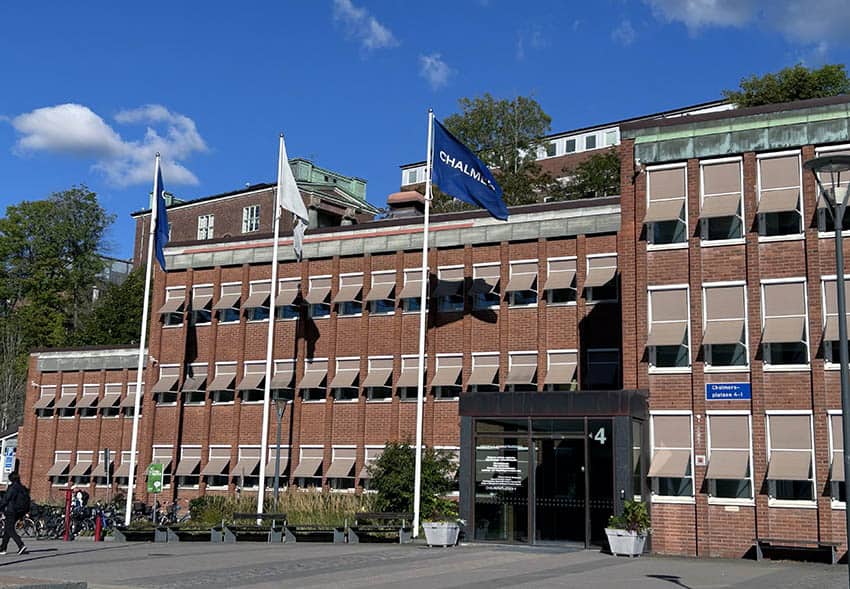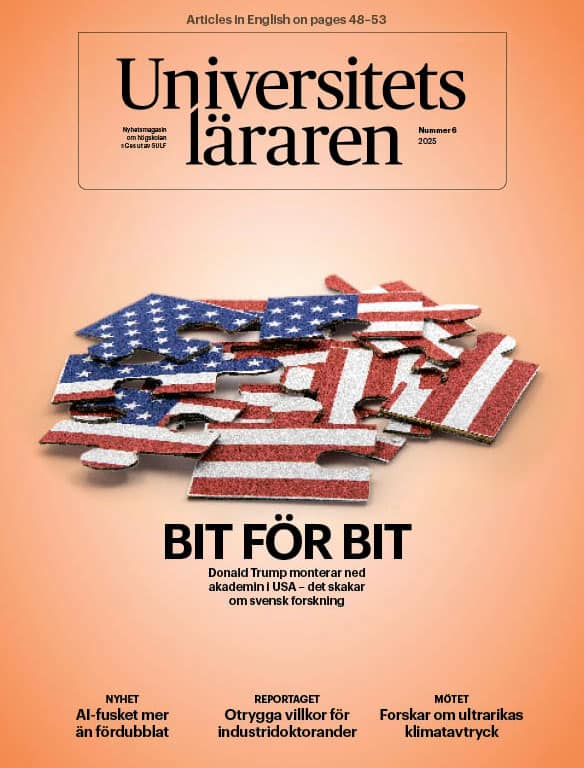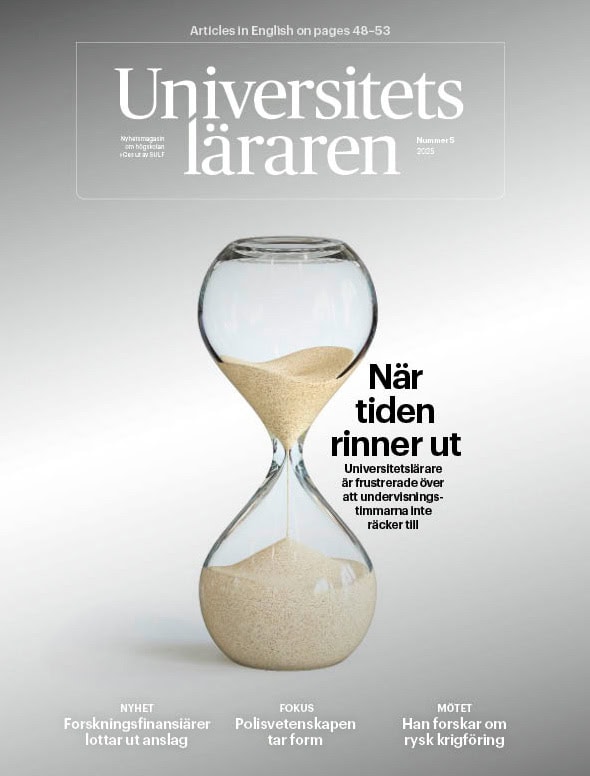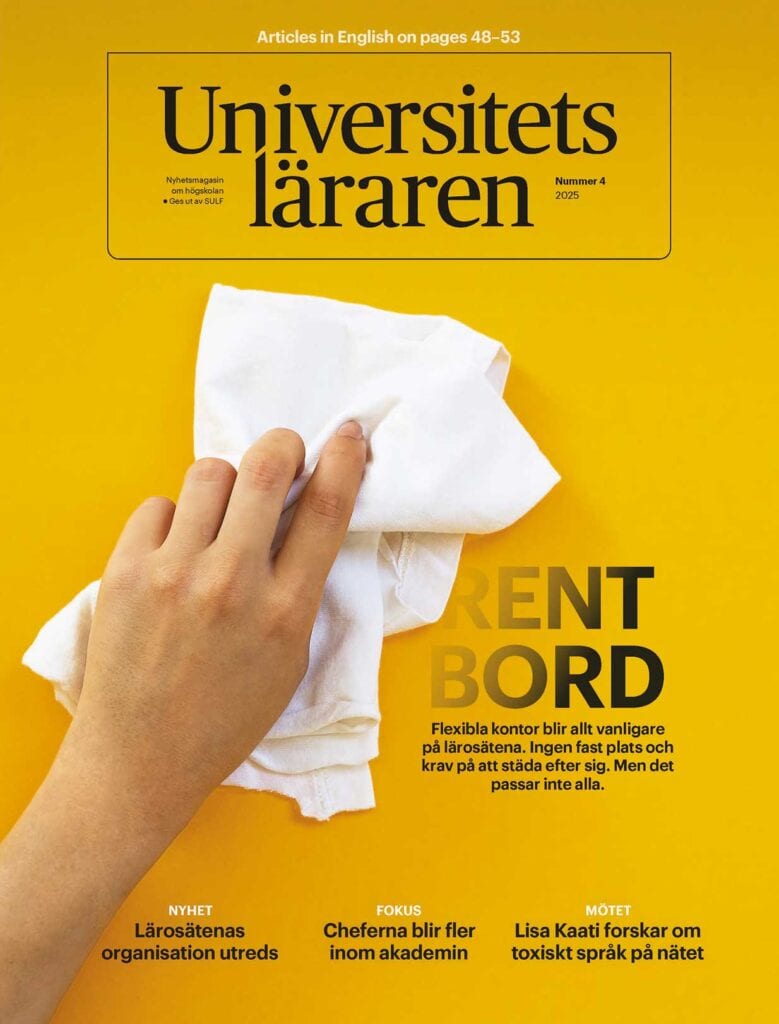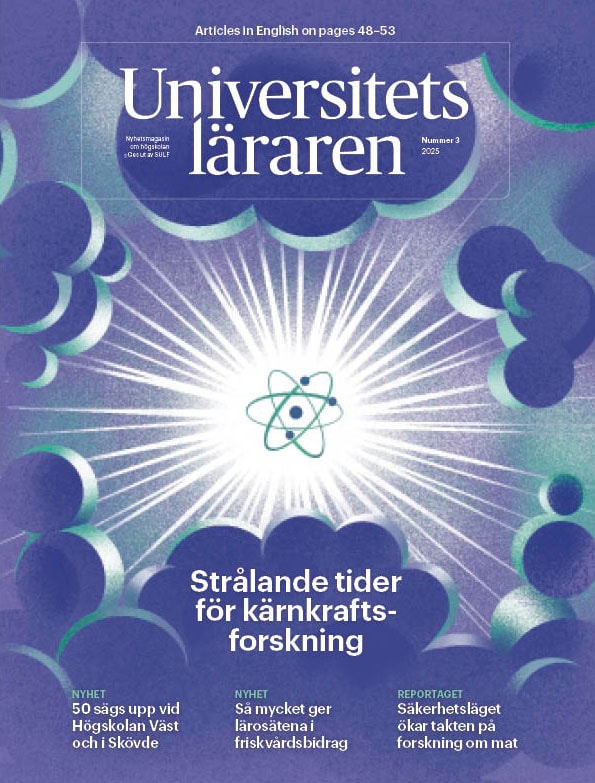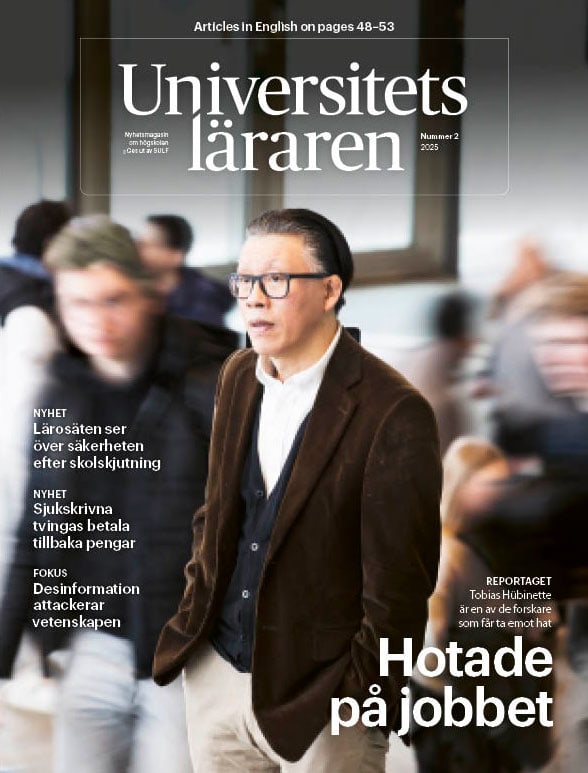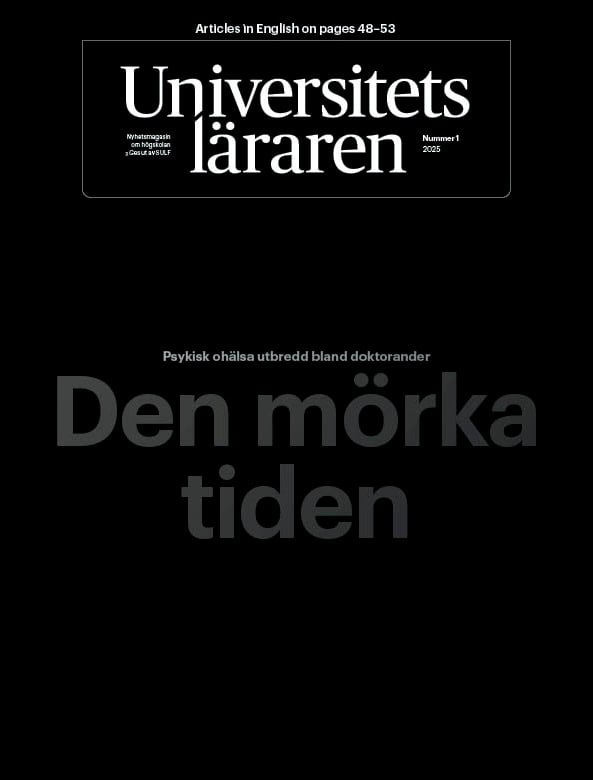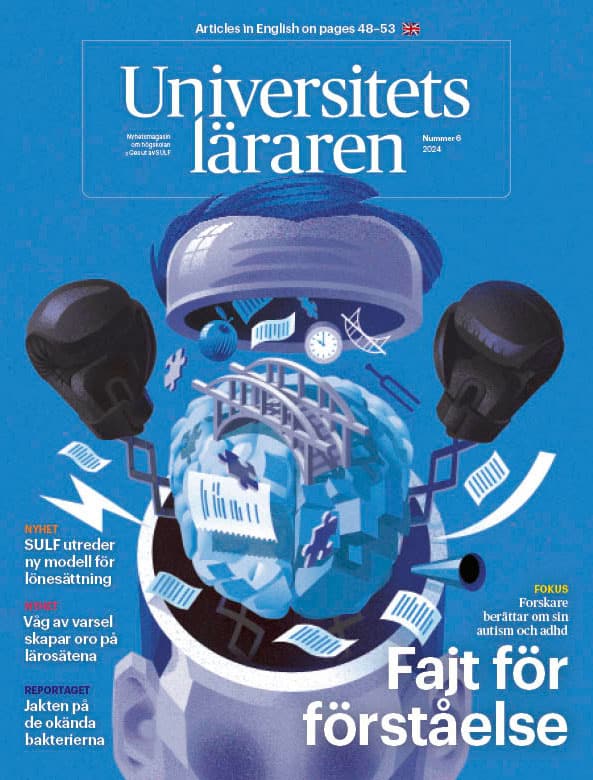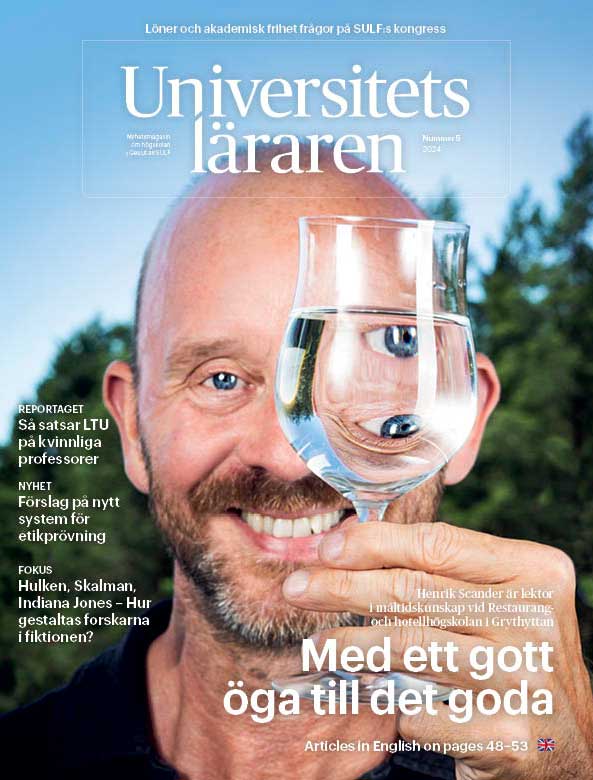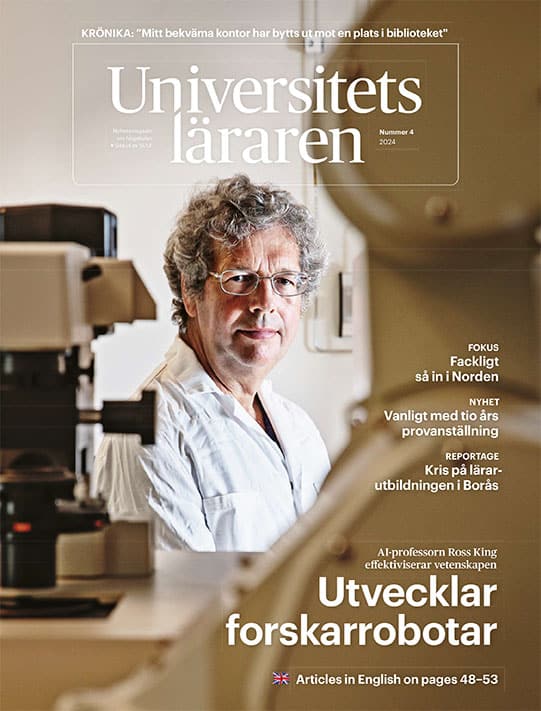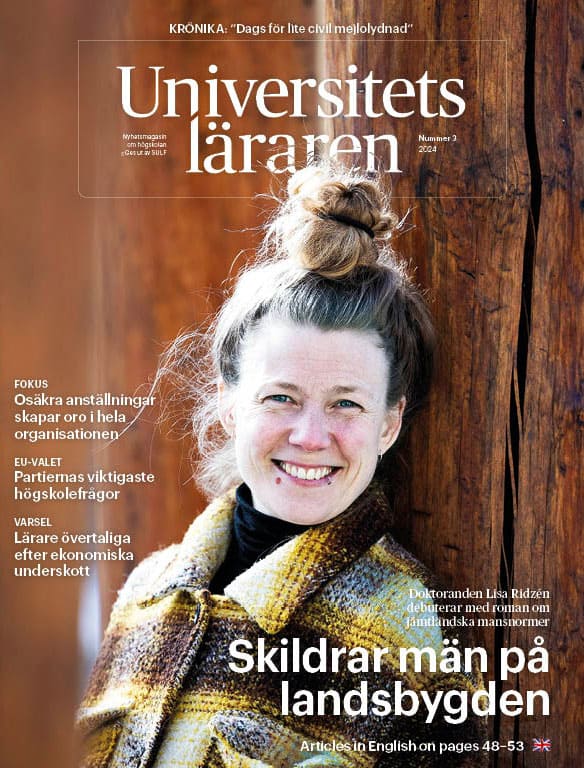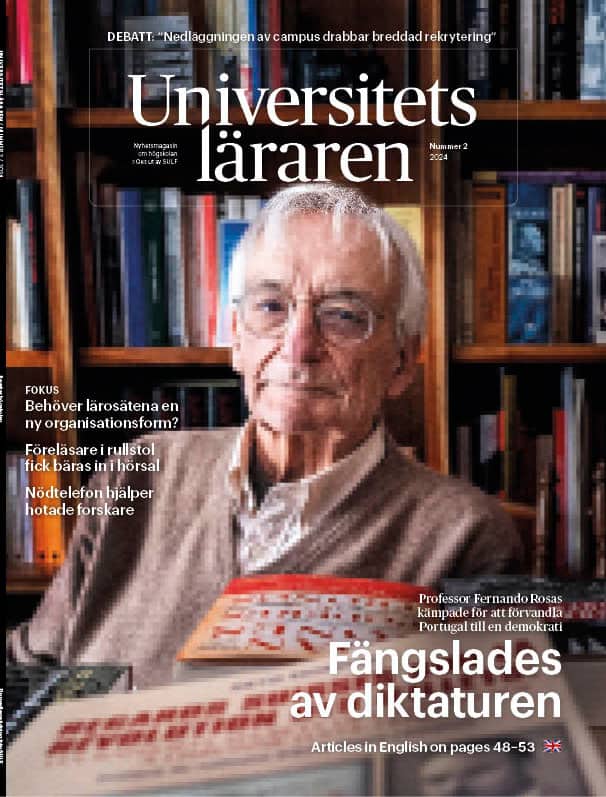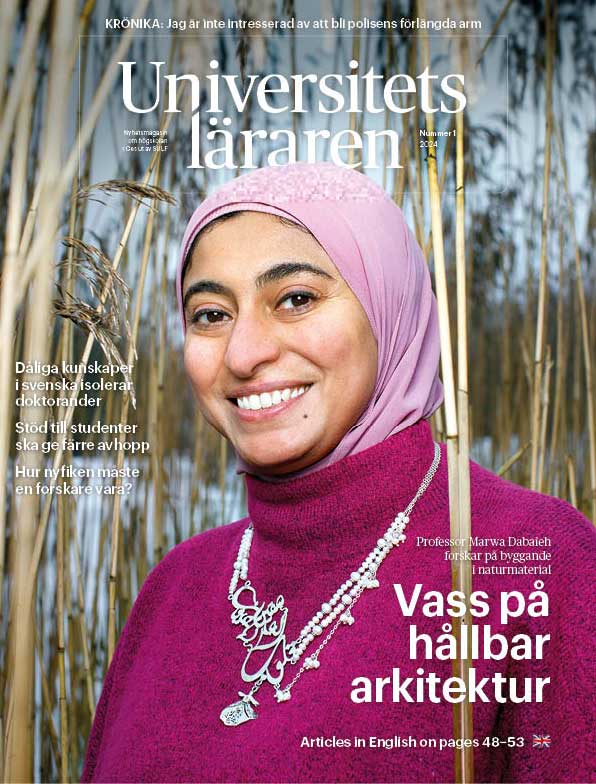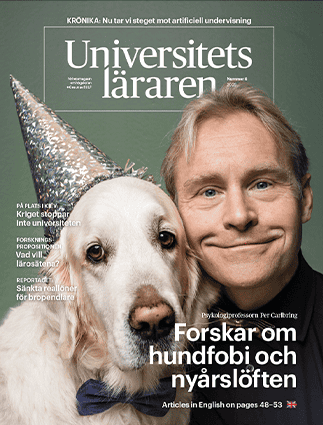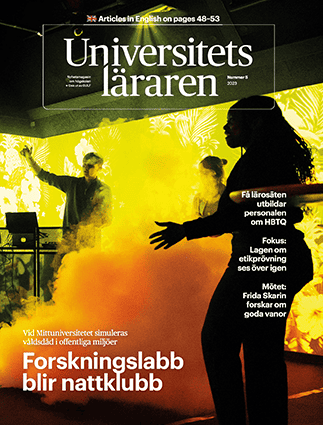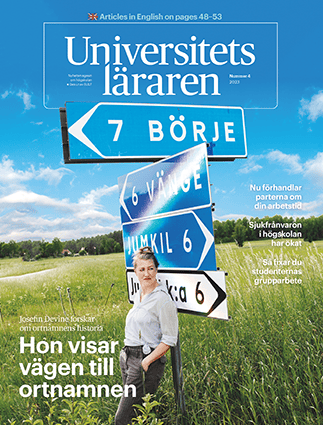Iryna was sitting in the small room in the corner of the university cafeteria with nearly thirty other fellow PhD students from different research groups within the science faculty. It was six months since she had started her doctoral studies, and this was her first meeting of this type, a breakfast meeting for PhD students, arranged by the student union. The aim was to bring all PhD students within the faculty together and help them get to know each other and learn about each other’s research.
Iryna looked to her left, where three students who shared the same professor as supervisor, were talking and laughing about how their professor forgets about little things every day. Four students were sitting in front of her, all excited and chatting about the trip to a conference they would attend together next week. She realized that these students were from the same research group and worked together.
In Iryna’s group there were only four people: Herself, the only PhD student; her main supervisor; her co-supervisor, who spent most of the time at another university in another city; and a technician, who was also working on other projects. She sometimes felt lonely in the lab and suffered from the absence of team-mates when she needed to discuss something. But this time she felt sad when she saw others from bigger groups.
Mats was surprised, during one of the poster sessions at an international conference in Germany, where he was presenting a poster about his research findings. He noticed people were interested in visiting posters mostly from big, famous universities.
He looked around, and almost all posters from such universities had a crowd and people were having discussions. He tried to invite people to visit his poster; they came, read the title, a few asked very generic questions. Then almost all of them said ”keep up the good work” and left. Mats wondered whether it was his research topic that was not of interest to people. Later he realized that it was his relatively unknown university. He felt a little frustrated. He has been a science enthusiast all his life and, in his imagination, it is the research that matters, not where it has been conducted or by whom.
If you are from a small university or a small research group, you can probably relate to Iryna’s or Mats’ experiences. Let’s call it Small University or Research Group Stress (SURGS) syndrome. Academics at all career levels suffer from this, but since PhD students are at the first stage, they are the most vulnerable.
The effects of SURGS syndrome can be really damaging. It can potentially make a person feel lonely, demotivated to pursue research and career goals, frustrated, helpless and, eventually, depressed.
What can you do if you suffer from SURGS syndrome? One thing that could be helpful is talking openly about it with your supervisor or a senior colleague. They can help you to put your research in the bigger scientific picture. They can make you realize that, even though you are working alone in a lab, your research is just as important as that conducted by a bigger group or institute.
Think about all those researchers at small universities who have revolutionised the world we know. When you meet researchers at a conference or meet people from industry, talk to them about what they are doing and how they are doing. Soon enough you will find people who have similar research interests. If possible, make research visits and spend time in their labs. Create your own network, nationally and internationally. It will help you in your research, give you new perspectives, allow you to publish prestigious articles in collaboration with international partners and create opportunities for your post PhD career.
When you start working in a small group or at a small institute, think big. Your PhD is not a door to a small room. It is a big window to countless opportunities for you to explore.
Reza Salim
Project Leader, Bron Innovation
Footnote: All names in the text are fictitious
